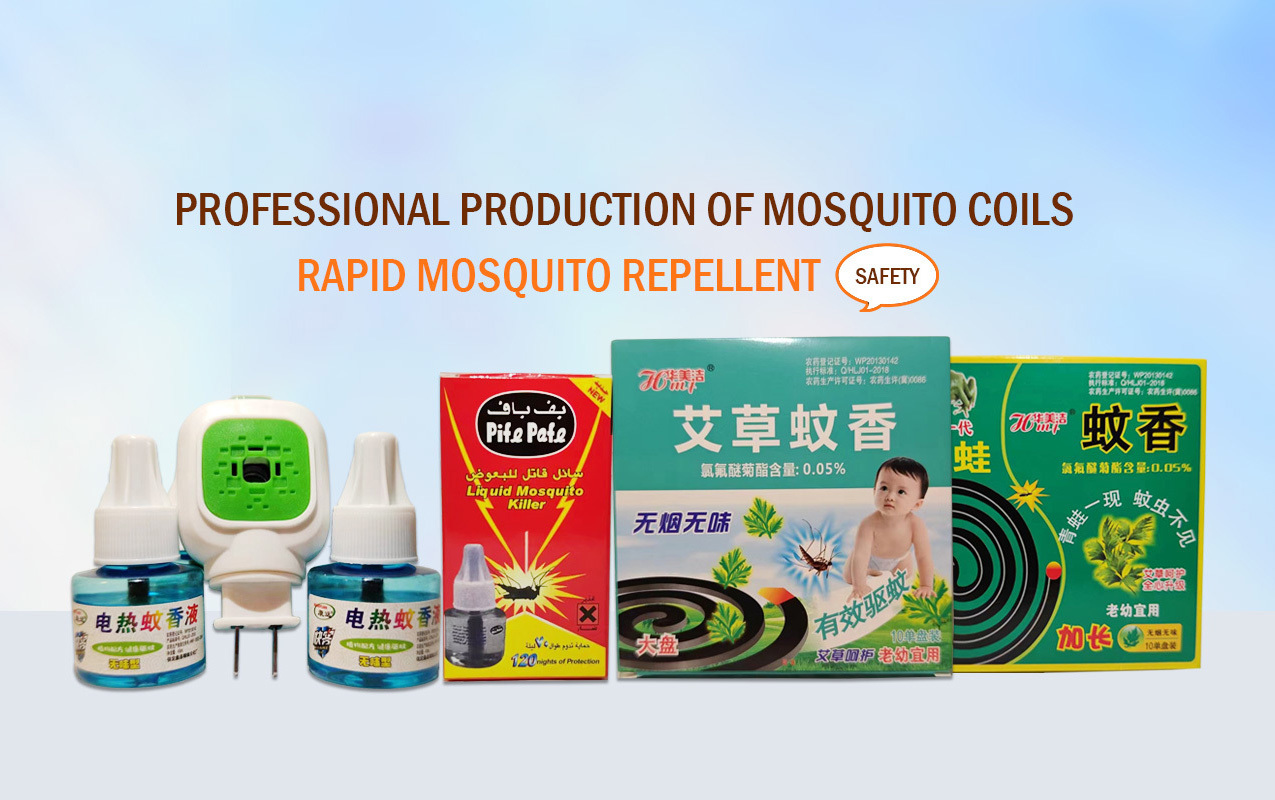Effective Strategies for Using Pesticides to Control Mosquito Populations
2025-03-06

Mosquitoes are not only a nuisance; they are also vectors for various diseases that can affect humans, livestock, and crops. In the agricultural sector, managing mosquito populations is crucial to safeguarding both the health of farm workers and the integrity of produce. When it comes to pesticide use for mosquito control, several key considerations and techniques can enhance effectiveness while ensuring safety.
First and foremost, understanding the biological and ecological aspects of mosquitoes is essential. Mosquitoes have specific breeding sites, often found in standing water. Identifying and targeting these areas can reduce the need for extensive pesticide applications. By integrating habitat management practices, such as draining water sources or introducing biological controls, you can create an unfavorable environment for mosquito breeding.
When selecting a pesticide for mosquito control, it is imperative to consider products that are specifically formulated for this purpose. Look for pesticides with active ingredients that are effective against the mosquito life cycle, including larvae and adult insects. Common classes of pesticides include organophosphates, pyrethroids, and insect growth regulators. Each class has its mode of action and environmental impact, so understanding these factors enables informed decision-making.
Application techniques also play a crucial role in the effectiveness of mosquito pesticides. Using aerial application methods can cover large areas efficiently, while ground-based applications can target specific hotspots. Timing is another critical factor; applying pesticides during peak mosquito activity, typically at dawn or dusk, can enhance effectiveness.
Safety measures are paramount when using pesticides. Always follow the manufacturer’s instructions and safety guidelines. Personal protective equipment (PPE) such as gloves, masks, and long-sleeved clothing should be used to minimize exposure. Furthermore, considering the impact of pesticides on non-target species and the surrounding ecosystem is essential. Utilizing integrated pest management (IPM) strategies can help reduce reliance on chemical controls and promote sustainable practices.
Monitoring and evaluating the effectiveness of pesticide applications is a vital step in the management process. Regular assessments can help determine whether the chosen methods are successful or if adjustments are necessary. This might involve tracking mosquito populations, conducting pre- and post-application surveys, and assessing the overall health of the ecosystem.
In conclusion, effective mosquito management through the use of pesticides requires a comprehensive approach that considers ecological, safety, and application factors. By combining targeted pesticide use with environmental management practices, agricultural professionals can significantly mitigate the risks associated with mosquito populations while ensuring the safety and health of their operations.
Recommend News
Contact Us
Leave Us A Message


